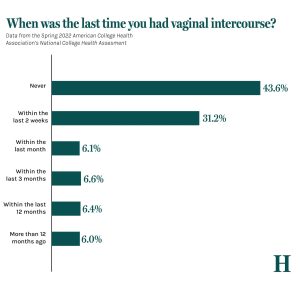No headline provided

June 22, 2010
If you need to buy a credit report, there are many websites outthere to choose from, but you must be careful; not all of them areeffective or even legitimate businesses.
Over the last decade, consumers have become much more aware ofthe importance of their credit scores, and they buy credit reportsregularly to stay on top of their creditworthiness. Buying acredit report is a verygood idea, because you can see listings of your credit activity andwho has viewed your report recently. You can even use it as a toolto manage your finances.
That said, you should take into account a variety of factorsbefore you buy. Here are six things you need to know before youpurchase a credit report:
1. Know what type of information is on it.
Your credit report contains information about all your creditaccounts, including credit cards, merchant-issued cards and thebalances on each of them. It also lists any loans you may have,such as car loans, home equity loans, mortgages, etc. Your reportalso displays your record of payment on each credit line andwhether creditors have had to take any action against you forunpaid bills.
2. Know how to address errors.
Once you buy a credit report, look for and be prepared toaddress any errors that can negatively affect your credit score. Errors are morecommon than you think. If you find one or more errors, contact thespecific credit reporting agency right away. The agency willinvestigate the error. If it’s a mistake, they’ll remove it fromyour credit report. At your request, they’ll also send a correctedcopy to anyone you specify who has received your credit report inthe previous six months and/or any employer(s) who may havereceived it in the previous two years.
3. Know who else can view your credit report.
People and agencies who can request and view copies of yourcredit report include anyone who has granted you (or is thinkingabout granting you) credit, prospective employers, companies thatwrite insurance policies, government agencies and others. In short,anyone who has a “legitimate business need” can request and obtaina copy.
4. Know that not all websites that allow you to buy creditreports are the same.
Legitimate websites that allow you to buy a credit report andhelp manage your credit are plentiful. However, there are alsosites set up solely for the purpose of identity theft, so be sureto do business only with those that are VeriSign Secured and haveother consumer safeguards in place.
5. Know how long financial information stays on your creditreport.
Whether it’s good or bad, credit information generally stays onyour credit report for seven years, except for bankruptcies. Abankruptcy stays on your credit report for 10 years.
6. Know that credit reports, by themselves, don’t include creditscores.
Lenders and other credit providers use credit reports and creditscores to measure your risk of defaulting on a line of credit.Credit scores offer credit providers a quick, three-digitevaluation of the information in your credit report, and yourscores change whenever new information is entered into your creditfiles. However, credit scores aren’t part of the package when youpurchase a credit report. In most cases, you have to pay extra toview your credit scores, although some programs, includingFreeScore.com offer unlimited access to all three credit scoreswhen you join the program.
Buying a credit report is a small expense, but the informationyou gain from viewing it is anything but trivial. It’s recommendedthat you purchase one on a regular basis (or visitAnnualCreditReport.com to receive a free credit report from eachcredit bureau once a year). Creditmonitoring will help you stay on top of any errors that appearso you can address them before they hurt your credit. It’s also avery useful tool for seeing who’s requested a copy of your reportand for spotting evidence of identity theft. Just make sure you buya credit report from a legitimate business that helps people managetheir credit.
Courtesy of ARAcontent























Leave a Comment